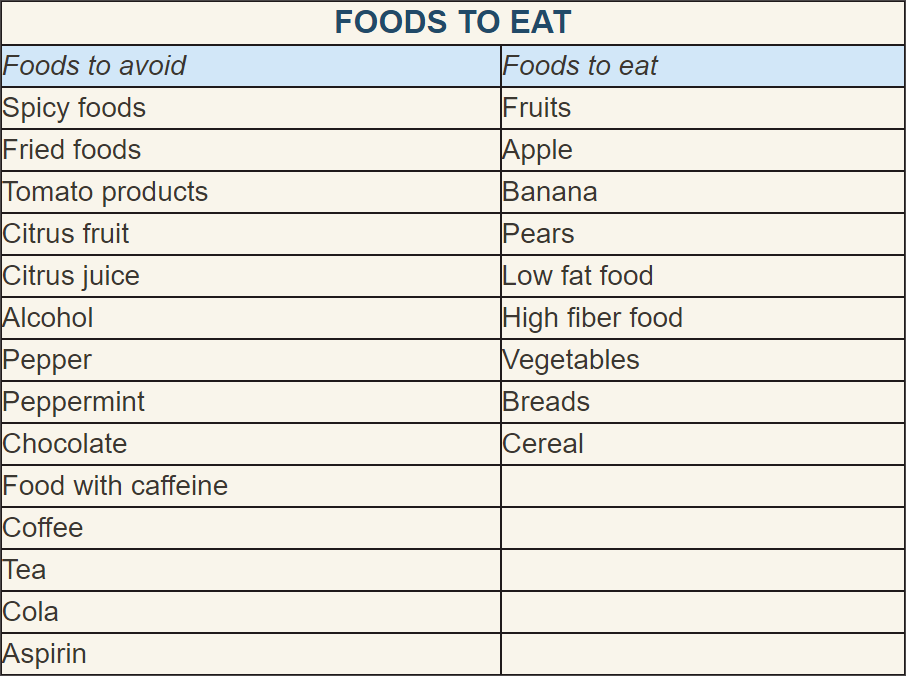WHAT IS THE MEDICAL TREATMENT OF GERD?
Medical treatment begins with behavior modification. Changing one’s diet may help to control the frequency and severity of some of these attacks. Spicy foods, caffeine, coffee, alcohol, chocolate and peppermint should all be avoided. Weight loss may also help as well as decreasing the amount of food that you eat at each meal. After eating, one should allow 2-3 hours for digestion prior to attempting to sleep. Raising the head of the bed 6-8 inches or placing a wedge under one’s mattress may help to prevent the onset of symptoms. Despite these attempts almost all patients will need medication.
For many patients certain medications can alleviate GERD symptoms. However, that is not always the solution to the underlying anatomical problem. The medications generally do not stop the progression of the disease. As the antireflux valve deteriorates, the dosage may have to be increased, and may have to be taken for a lifetime. Major studies now show the long-term use of these medications have an adverse effect and suggest an increased risk of bone deterioration.
Currently there are three types of medical treatment. After the development of symptoms one may decide to take over-the-counter medications such as Rolaids, TUMS, Mylanta or Milk of Magnesia. These medications function to neutralize stomach acid.
Histamine II receptor blockers are a stronger family of medications. These are Tagamet, Zantac, Pepcid and Axid. These work to reduce the acid production in the stomach and have been found to be successful in many patients.
The most powerful class of medications available are proton pump inhibitors (PPI). These medications block the acid producing pump that is located in the cells on the lining of the stomach wall. PPI’s can block most all acid when used in high dosages and can be used for many years. However, recent studies show that long-term usage may result in bone deterioration. PPI’s may be purchased over-the-counter or prescribed by a physician and include omeprazole, prilosec, nexium, dexilant, protonix, aciphex, and zegerid. Although these medications stop the symptoms, the refluxing of stomach contents into the esophagus will still occur.







